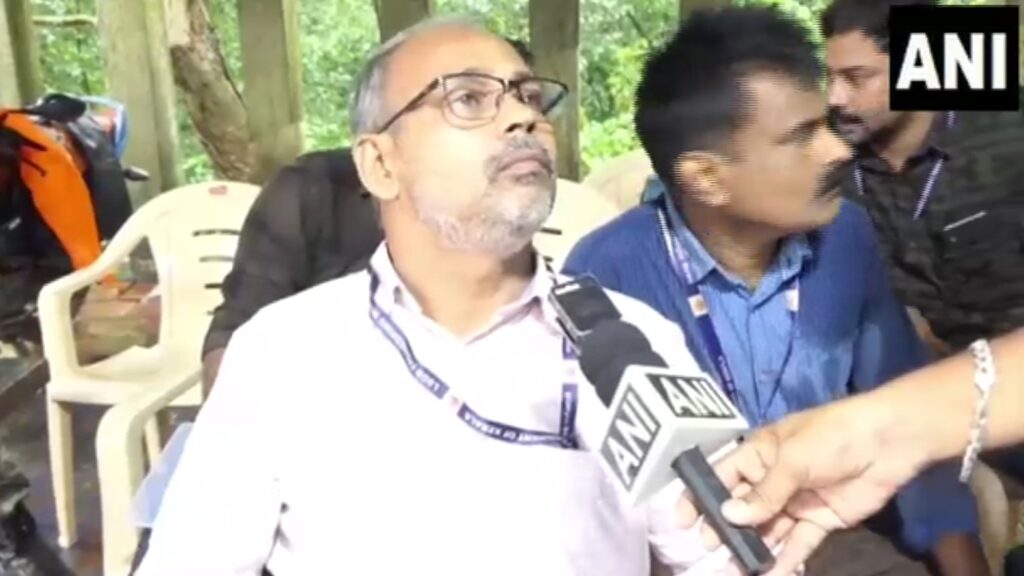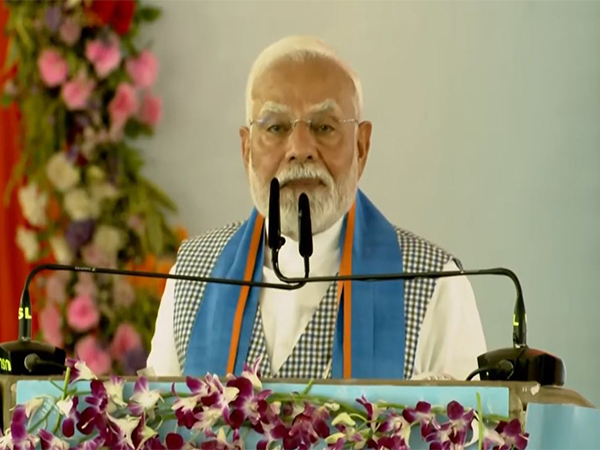Prakash Raj’s Sindoor Jibe at PM Modi Triggers BJP Fury Amid Operation Sindoor Nationalism
Actor and activist Prakash Raj has once again landed in controversy—this time, for his sharp-tongued social media post referencing Prime Minister Narendra Modi and Operation Sindoor. His sarcastic jab, posted on X (formerly Twitter), triggered immediate and fierce condemnation from BJP leaders, who have called it not only disrespectful to the Prime Minister but also an affront to Indian women and traditional values.
While Raj is no stranger to political statements, this incident has escalated far beyond a social media spat. It has now taken the shape of a larger ideological flashpoint, intersecting gender, nationalism, and India’s security doctrine. At the heart of this issue lies the conflation of symbolic language (“sindoor”) with military operations, satire, and outrage.
Prakash Raj’s ‘One Nation, One Husband’ Post: Sarcasm or Overstep?
The controversy began when Prakash Raj reposted a headline that read, “Modi government to deliver sindoor to every household.” His caption, “One Nation, One Husband”, followed by, “But why will women take #Sindoor from this old man?” was interpreted as a personal dig at PM Modi’s age and unmarried status, laced with sarcasm targeting nationalist rhetoric and government symbolism.
But Why will Women take #Sindoor from this Old man #justasking https://t.co/m9rf88OCTr
— Prakash Raj (@prakashraaj) June 1, 2025
What might have seemed like a satirical take on over-nationalization of symbols like sindoor quickly spiraled into something far more explosive. Critics saw it as a mockery of Hindu cultural values, Indian women, and indirectly, a disrespect to a sitting Prime Minister during a national security operation.
BJP spokesperson NV Subhash condemned Raj’s comments, calling them “more dangerous than an ISI agent.” He accused the actor of trying to “create holes in India’s democratic fabric” and labeled his remarks a “direct attack on Indian women.”
VIDEO | Likening actor Prakash Raj to an ISI agent or a traitor over his 'Sindoor' comment, BJP leader NV Subhash says, "This kind of statement doesn't go very well with the versatile actor, or his stature, always talking about Modi, belittling the Indian Army, democratic values… pic.twitter.com/BIanWjYxHG
— Press Trust of India (@PTI_News) June 2, 2025
For supporters of the BJP, Raj’s post wasn’t just poor taste—it was anti-national and anti-woman, hitting multiple sensitive nerves at once. They argue that at a time when India is waging an external campaign against terrorism (Operation Sindoor), such statements only embolden the enemy narrative.
Why Operation Sindoor Is More Than a Hashtag—and Why Timing Matters
The backlash against Raj is intensified by the timing and terminology. Operation Sindoor refers to India’s latest precision strike operation across terror infrastructure in Pakistan and Pakistan-occupied Kashmir, launched after the Pahalgam terror attack that killed 26 civilians. This military response, backed by the Chief of Defence Staff (CDS), is considered a doctrinal shift toward “offensive defence.”
By sarcastically invoking sindoor—a cultural marker traditionally associated with marriage and femininity—Raj inadvertently or otherwise entangled military terminology with gendered satire, opening the door to charges of trivializing a serious national security issue.
For BJP and many of its supporters, such a remark during an active military posture appears tone-deaf, if not outright provocative. It’s seen as not only ridiculing the Prime Minister but also belittling the symbolic weight Operation Sindoor carries in India’s counter-terror narrative.
On the other hand, defenders of Raj claim it was merely a freedom of expression issue, and that satire remains a valid tool for holding the powerful accountable—even during wartime.
This episode illustrates how quickly a politically charged metaphor can escalate into a national debate on culture, patriotism, and personal attack. Whether Prakash Raj’s post was a justified satire or a miscalculated jibe, the intense reaction from the BJP signals the highly combustible nature of public discourse today, where national security, cultural symbols, and personal politics frequently collide. As India redefines its military doctrine and identity in a post-Operation Sindoor world, expect more such flashpoints where art, activism, and authority clash—sometimes at the cost of nuance.





















